| Ամփոփում: | This article is based on a qualitative study carried out by the researchers as a requirement to obtain a master's degree in education with a focus on educational assessment, at a time when Costa Rica education was being taught through the distance learning mode, due to the pandemic caused by COVID-19. Therefore, the concern to investigate arises intending to identify teachers’ pedagogical skills to assess mathematics in the fourth year of primary school in a subsidized school. In this way, a case study is designed in which two document review matrices, one for the Autonomous Work Guide and the other for the Summative Assessment Instrument, as well as a qualitative questionnaire, with closed and open questions, were used. It was administrated to the two teachers who taught mathematics in 2020. For the analysis of the information, the data was triangulated among the sources of information, and a thematic analysis was made. The data showed that the teachers have pedagogical skills only in the conceptualization of hetero-evaluation and self-evaluation, as well as the application of the latter. It was concluded that teachers have no pedagogical skills regarding the pragmatic paradigm or assessment as an ongoing process. Also, they show technical deficiencies in the design of learning indicators and evaluation tools. However, they are competent in conceptualizing and applying hetero-evaluation and self-assessments.
|
|---|


